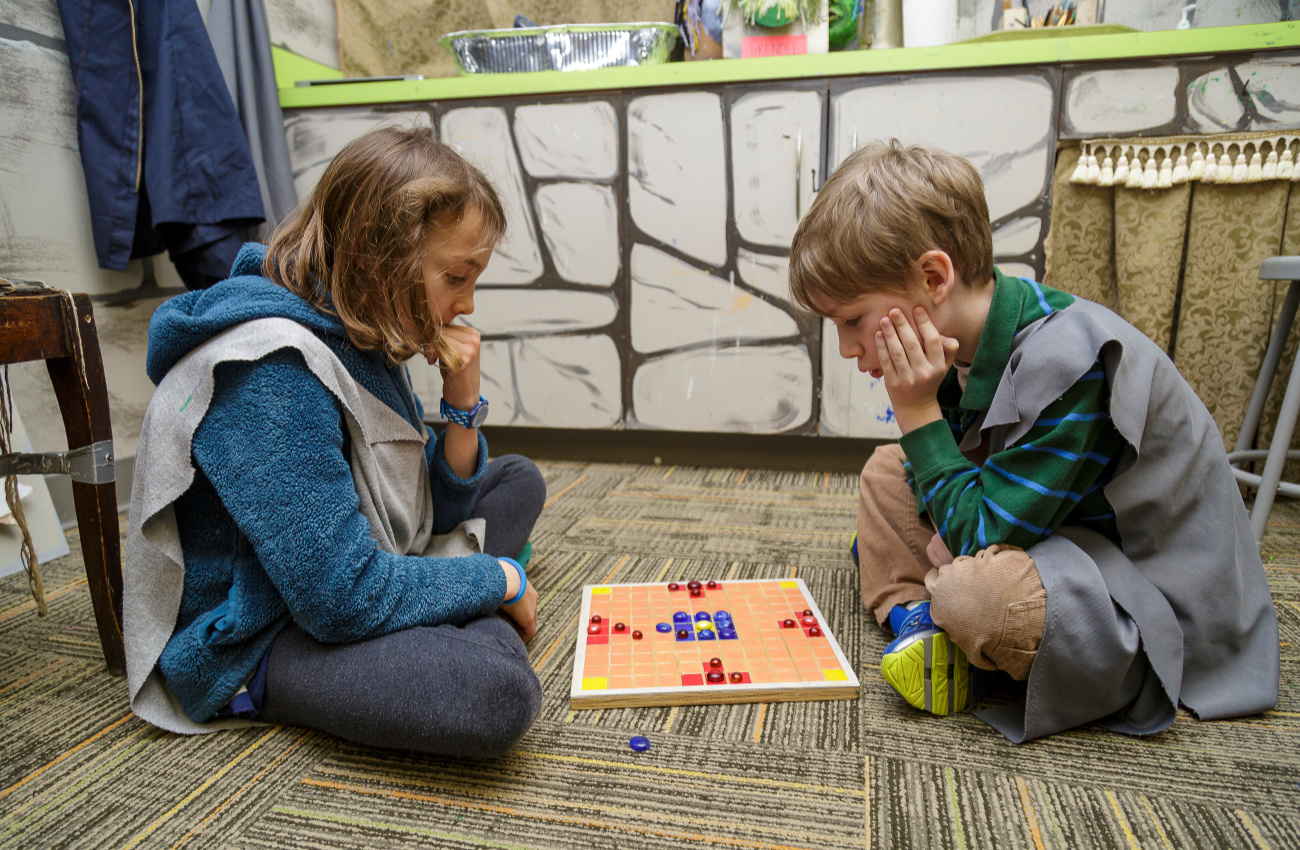Building Literacy Through Immersive Classrooms at AIM Academy
Reading comprehension is more than understanding words on a page. It's also about learning how these words can be brought to life!

What do VR goggles, a plane ticket to Greece, a Global Portal, and a medieval kaftan have in common? At AIM Academy, an independent school for 1st-12th graders with language-based learning differences, they’re tools that teaching reading comprehension.
For any reader, fluent reading is complex, simultaneously coordinating many literacy sub-skills:
● We decode new words and retrieve memorized ones.
● We navigate vocabulary by applying known meanings and building context for new terms.
● We follow the subject and track the characters.
● We build meaning by understanding how key words work in complex sentences.
● We use our working memory and executive skills to remember what we just read and apply it to what we are reading right now.
When crafting a story, writers assume a degree of background knowledge on the part of the reader. Suppose a child opens a book about Merlin and King Arthur describing a grassy hillside with knighted horses galloping towards a mysterious, moated castle, a gateway lit by a row of wooden torches, the sound of hooves clapping in the distance. Every storytelling author paints a picture. In order to gain full comprehension, the reader needs knowledge of sounds, shapes, architecture, history, and the natural world.
For the struggling reader, immersive learning environments offer exposure to the kind of background knowledge children need to access as they read. Imagine a classroom painted like the inside of a castle, with a teacher dressed as Merlin the Wizard and students who role-play as Charlemagne, Saladin, and Joan of Arc. All in costume, they play the music of the time period to provide a sense of the history students are reading about. This living example keeps students engaged, while creating a context that aides struggling readers to move towards a higher level of reading comprehension.
AIM’s research has shown that this kind of specific knowledge construction carries over into novel reading tasks. Immersive learning environments create stronger readers, regardless of topic. At AIM, this ‘Merlin the Wizard’ example is a daily experience for fourth grade Interactive Humanities class. AIM Classes like Interactive Humanities steep students in the deeper knowledge they need to read, every day across all grades from 1 – 8.
Article written by AIM Academy Head of School Chris Herman. Photo courtesy of AIM Academy.





